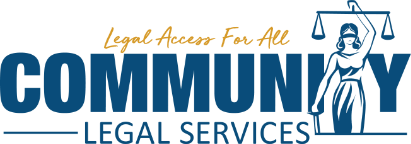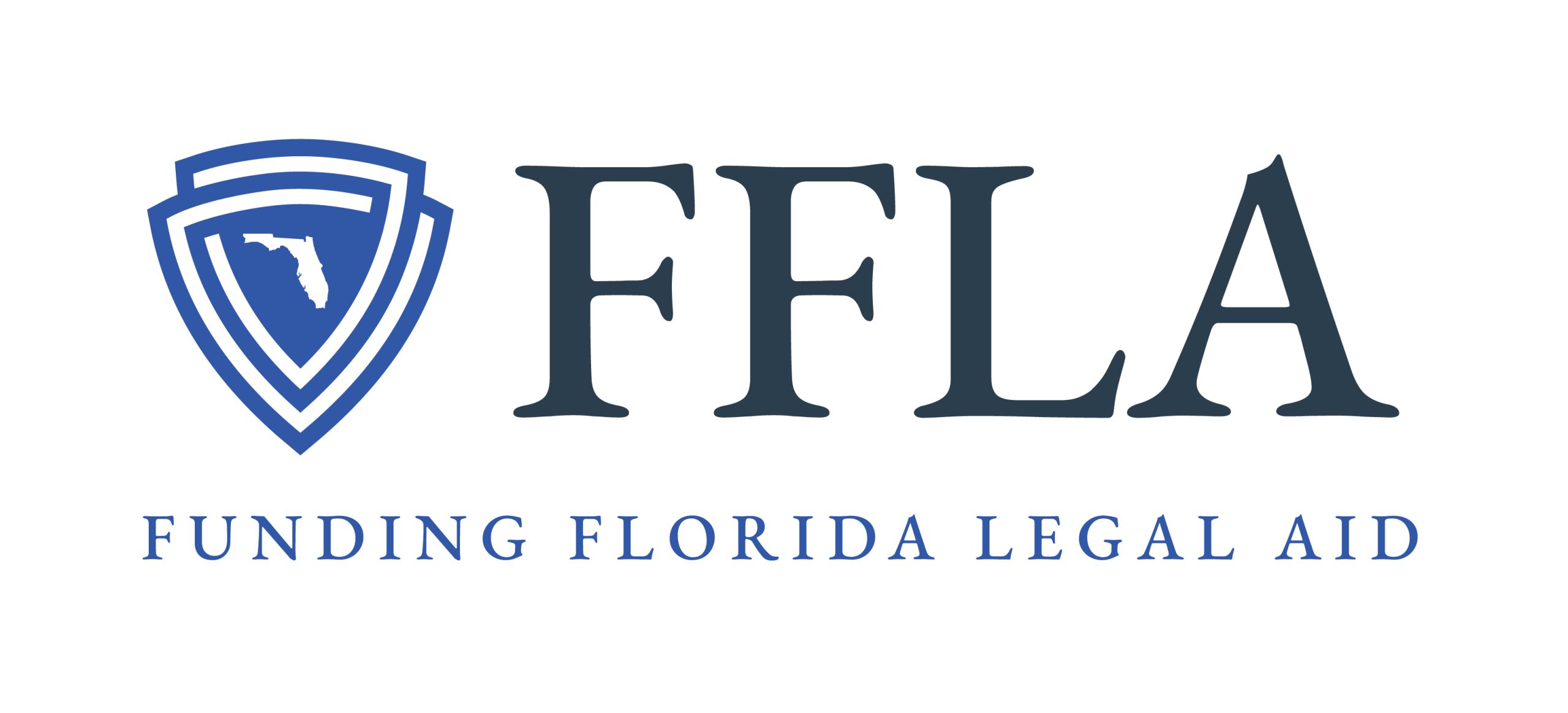Emergency Rental Assistance
The Emergency Rental Assistance Program (ERAP) makes funding available to state and local governments so they can assist households that are unable to pay rent or utilities.
Emergency Rental Assistance Programs will be ending very soon as they run out of funds.
| Open Programs |
| Orange (*Outside of City of Orlando Limits) |
| Other: Use this tool to find ERA programs where you live. |
| Closed or No Programs |
| OUR Florida (Statewide) |
| Brevard Citrus |
| Flagler Hernando |
| Lake |
| Marion City of Orlando *Within City of Orlando Limits Osceola |
| Putnam Seminole |
| Sumter Volusia |
The Statewide ERAP OUR Florida has stopped taking new applications as of May 12 and will be closing down soon. Households with pending OUR Florida applications should monitor their portal and emails in the event they are approved or denied.
Some local ERAPs still have funding available.
If your county has no ERA program available OR the local program is closed, call 2-1-1 for other agencies and programs that may be able to assist with rent or housing.
This page provides an overview of ERA programs based on the Department of the Treasury’s revised Frequently Asked Questions. Not all ERA Programs work the same way. Each local program has some flexibility in how they set up policies, procedures, documentation requirements, and payment methods. The topics below will help you have a better understanding of how ERA programs work.
Download the CLSMF ERA Eligibility Self Verification Form here, to review the Emergency Rental Assistance criteria and the documents you need to apply.
ERA Overview, Resources, and Frequently Asked Questions
Eligibility is based on a renter household’s financial situation and housing needs. To be eligible for emergency rental assistance, you must:
- Have a residential rental agreement;
- Have or had a financial hardship due directly or indirectly to COVID;
- Have a household income below a certain amount based on where you live; and
- Be experiencing or at risk of housing instability
We will break down each criteria and tips on how to prove them in the sections below.
Check if your local program is taking advantage of the flexibilities allowed by FAQ #1 from Treasury Guidance.
*If you’re not sure whether you are eligible for ERA, you should still try to apply. You can also attend a CLSMF ERA Navigation event for assistance with the application (pre-register here).
When you apply for emergency rental assistance, you need to show where you live and how much rent you agreed to pay.
Most common: Be ready to show a copy of a written rental agreement or lease signed by you and your landlord that shows where you live and your rental payment amount.
If you don’t have a signed rental agreement or lease, local programs may accept proof of your address and a written statement about your rent, such as:
- Proof that you paid utilities for your home or apartment unit (like a water bill)
- A statement from your landlord, or
- Other reasonable proof as requested
Check if your local program is taking advantage of the rental agreement documentation flexibilities allowed by FAQ #5 from Treasury Guidance.
- Hotels or Motels – Florida law protects individuals who intend to make of their hotel room a home, even in the absence of a written lease.
- “Non-Transient” occupants in hotels or motels should be considered tenancies and protected under Florida Landlord-Tenant Law. There is a rebuttable presumption that an occupant is “non-transient” if the hotel or motel is the occupants only residence.
- Even if the occupancy is not considered a rental agreement or non-transient, the cost of a hotel or motel room may be covered using ERA assistance (FAQ #26 and #7 of Treasury Guidance).
- Mobile Homes- Households renting manufactured housing or the parcel of land (lot)the manufactured home occupies may also receive assistance for utilities and other expenses related to housing (See FAQ #28 and #7 of Treasury Guidance). This principle also applies to mooring fees for water-based dwellings (houseboats).
- Subsidized Housing- may still qualify for assistance with the rent or utilities that you are responsible for paying (FAQ #15 of Treasury Guidance)
- If your income has changed, you might qualify for lower rent. Or, you might qualify for a hardship exemption that allows you to skip one or more rent payments. Ask for “income recertification” through your Public Housing Agency (PHA) or landlord. Do this as soon as possible. The change in rent could apply to unpaid rent.
To meet the financial hardship criteria you need to show that one or more members of the household either:
- qualified for unemployment benefits; or
- experienced a reduction in household income, incurred significant costs, or experienced other financial hardship due, directly or indirectly, to the COVID-19 outbreak.
It may be difficult for some programs to establish whether a financial hardship experienced during the pandemic is due to the COVID-19 outbreak.
Treasury strongly encourages and allows programs to rely only on the self-certification of applicants with regard to whether their financial hardship meets these eligibility requirements without the need of additional burdensome documentation.
Check if your local program is taking advantage of the financial hardship documentation flexibilities allowed by FAQ #2 from Treasury Guidance .
Low-income families generally includes renter households with income up to 80% of the Area Median Income (AMI), with adjustments for family size. Use this Area Median Income Lookup Tool to find the AMI in your area.
Programs can determine income eligibility based on
- total income for 2020 or
- current income at the time of application.
*If your current income is over 80% AMI, you may still be income eligible based on your 2020 tax returns.
Programs are also allowed to rely on income eligibility determinations made by other programs in connection to other governmental assistance programs.
Local programs have different income documentation requirements. They may ask you for a written statement. Or they can ask you to show your income with other documents (for example, unemployment benefits documents, pay stubs, tax documents, a statement from an employer, etc.).
If it’s hard for you to show income or job loss, or if you have a special situation, local programs may let you write out your own statement about your income.
Check if your local program is taking advantage of the income documentation flexibilities allowed by FAQ #4 from Treasury Guidance.
To show housing instability, you may need to sign a written statement. You might also be asked to show:
- A past due utility or rent bill or eviction notice
- Proof that you live in unsafe or unhealthy living conditions, or
- Other proof that the program asks you for
Programs can make their own rules for determining if you’re living in unsafe or unhealthy conditions and what proof to accept, including self-attestation.
Check if your local program is taking advantage of the housing instability documentation flexibilities allowed by FAQ #3 from Treasury Guidance.
The federal ERA Program allows local programs to cover rent, utilities, and home energy costs.
The federal ERA Program allows local programs to receive up to 18 months of help with rent, including overdue rent, back to March 13, 2020, if the money is available.
If you have overdue rent, the money must go toward rent that you owe, first. Local programs may be able to help with future rent, up to 3 months at a time. *OurFlorida is offering future rent up to 3 months; check if your local program is offering this benefits as well.
An eligible household may receive up to twelve (12) months of past due rent, plus an additional three (3) months of future rent if necessary to ensure housing stability for the household. The total amount of financial assistance an eligible household may receive must not exceed 15 months (will be 18 months if ERA 2 funds become available).
Programs are allowed to pay future rent even if the renter doesn’t have any arrears. If the program is willing to pay future rent, they must reduce rental arrears first.
Rental assistance may also cover:
- Reasonable late fees (if not included in your rental or utility debt)
- Internet service to your home
- Moving expenses and other rental-related fees (such as security deposits, application fees, or screening fees) for families who have to move
Utilities only? Programs are allowed to provide assistance with utilities even if they are not covering rent.
Can homeowners receive assistance with mortgage and/or utility payments payments? No. Money from the federal ERA Program is for renters only. But money from the Homeowner Assistance Fund created under the American Rescue Plan Act may also be available. If you’re experiencing hardship as a homeowner, visit this Help for homeowners page to learn about your options.
Check if your local program is covering all of the expenses including future rent and utilities allowed by FAQ # 6 -10 from Treasury Guidance.
It depends on how your local program works. Some programs are requiring that the landlord agrees to participate even though the federal rules do not require them to.
In some cases, the program may contact your landlord and ask them to accept emergency rental assistance to pay off what you owe.
If they do not agree, or if they do not respond within seven days (or within five days, if the program contacts your landlord by phone, text, or e-mail), your local program may be able to give the money to you. Then you must use the money to pay the landlord or utility yourself.
In other cases, your local program might give you the money right away, without first contacting your landlord. Either way, you must then use the money to pay what you owe.
TIP: If you know that your landlord will not participate, look for programs that are allowing direct payment after the landlord refuses to participate!
Check if your local program is taking advantage of the direct payment to tenant flexibilities allowed by FAQ #12 from Treasury Guidance.
Applying for rental assistance DOES NOT automatically stop an eviction.
If you are facing eviction, you must notify the court that you are participating in the Emergency Rental Assistance Program, including the status of the application and whether the landlord has agreed to participate.
If the landlord agrees to participate and receives a payment, they waive their right to pursue eviction under Florida law and must dismiss the eviction.
With respect to landlords that receive funds under an ERA program for prospective rent, the grantee must prohibit the landlord from evicting the tenant for nonpayment of rent during the period covered by the assistance.
Check if your local program is taking advantage of the direct payment to tenant flexibilities allowed by FAQ #32 from Treasury Guidance.
You apply through your local emergency rental assistance (ERA) program. Each local program has some flexibility in how they set up policies and procedures to suit the needs of their local community.
Find a rental assistance program for your state, tribe, or local area
Use the search bar to find programs in your area. If you cannot find any program in your area, call 2-1-1 or your local housing authority for assistance.
You can attend a CLSMF ERA Navigational Event to talk to an attorney about your rights as a tenant and to receive assistance with an ERA application.
You can pre-register for the event using this link: https://bit.ly/clsmfERAnav
People residing or facing a legal issue in Central Florida (Brevard, Citrus, Flagler, Hernando, Lake, Marion, Orange, Osceola, Putnam, Seminole, Sumter, and Volusia) can also request and qualify for legal assistance at no cost by calling 1-800-405-1417.
All Central Floridians deserve equal housing opportunities. We can help you determine if you are being discriminated against due to your race, national origin, color, sex or gender, disabilities, religion, and family situations. The Federal Fair Housing Act, in addition to Florida’s own housing laws, protects you against discrimination. Our resources can help you understand how to recognize the different forms of discrimination so that you will know when it happens to you.
For more information: https://www.clsmf.org/service/fair-housing/

 Home
Home








